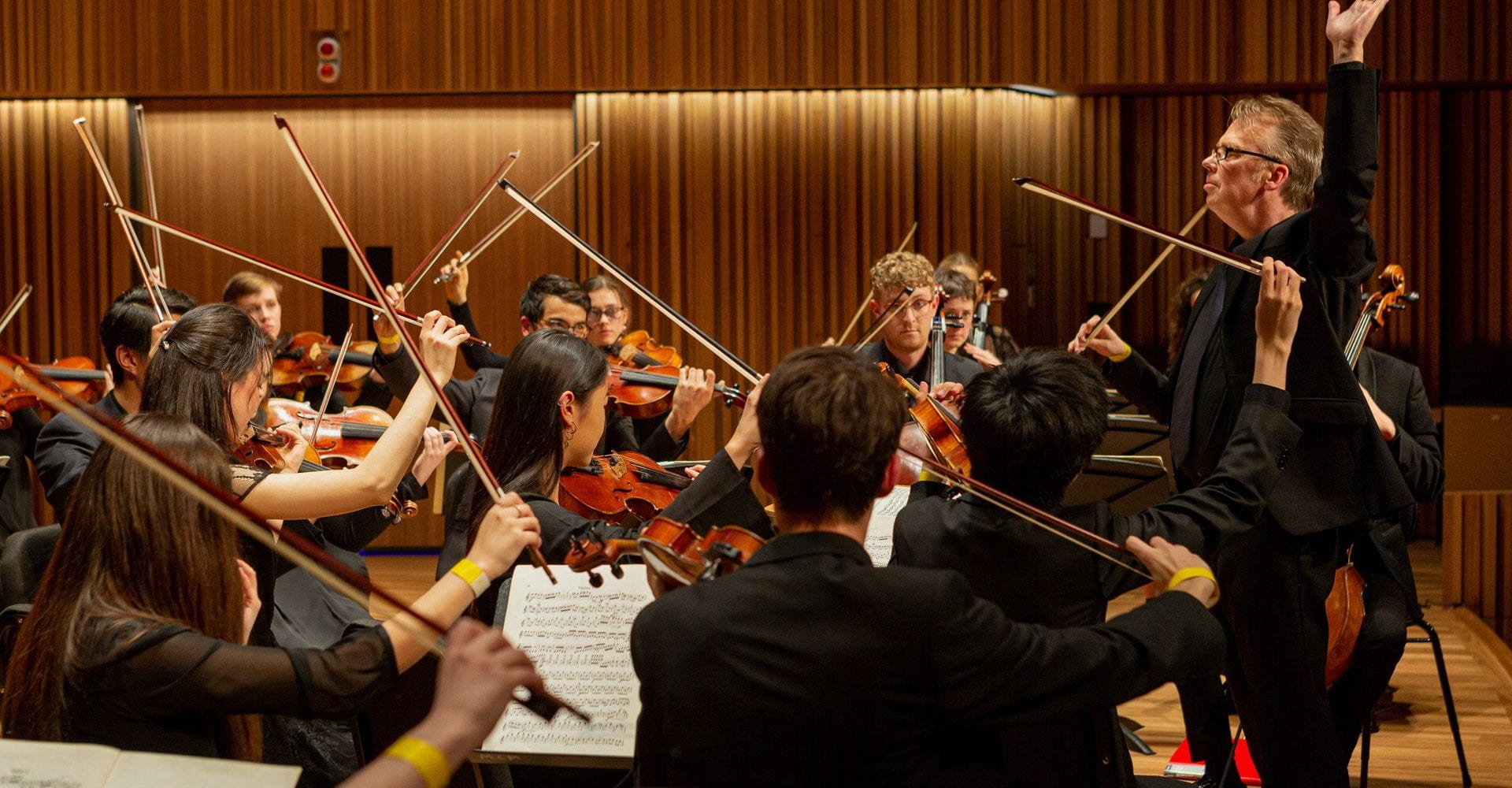The origins of musical expertise: beyond born versus made

The International Symposium on Performance Science (ISPS) is a biennial meeting of performers and scientists that provides a platform to discuss all facets of performance and the skills that underpin it. Ahead of his keynote address at this year’s symposium in Melbourne, Michigan State University Professor Zach Hambrick argues for a move beyond “born or made” in musical ability.
By Zach Hambrick
Obviously, some people reach a much higher level of skill in music than others. Very few people who take up an instrument such as the violin or the piano progress to an expert level, much less develop into a world-class musician.
In general, the long-running debate about what underlies individual differences in expertise has been framed as one of “nature vs. nurture”. The nature view holds that expertise reflects “innate talent” – in other words, that heritable characteristics place a limit on the ultimate level of performance a person can reach through training.
Nearly 150 years ago, the Victorian polymath Francis Galton argued for this view based on his finding that eminence in music, among other fields, runs in families. He noted, for example, that there were more than 20 eminent musicians in the Bach family. The nurture view counters that if talent exists at all, its effects on ultimate performance are negligible. This view was championed by John Watson, the founder of behaviourism, who guaranteed that he could take any infant at random and train it to become “any type of specialist” he wished “regardless of his talents”.
Today, no scientist takes seriously a strict nature view of expertise — which is to say that no one believes people are literally born experts, innately endowed with skill. As a prime example, the type of specialised knowledge that is necessary for success in music can only be acquired through some type of learning experience.
By contrast, the nurture view has gained tremendous popularity in recent decades. The chief proponent of this view is the psychologist K. Anders Ericsson. Some 25 years ago, in a pivotal article published in Psychological Review, Ericsson and his colleagues argued that individual differences in expert performance can largely be accounted for by training history – and particularly accumulated amount of “deliberate practice”. More boldly, making exceptions only for height and body size, they claimed that innate talent has little (if any) direct impact on the ultimate level of performance a person reaches in a domain.
While this nurture view of expertise has inspired a great deal of research, and captivated the popular imagination through bestselling books such as Malcolm Gladwell’s Outliers: The Story of Success it is not well-supported by scientific evidence.
In meta-analyses, my colleagues and I, as well as other researchers, have repeatedly found that deliberate practice (under various operationalisations) accounts for a sizeable amount of the between-person variability in musical expertise, but leaves an even larger amount of the variance unexplained and potentially explainable by other factors, including genetically-influenced abilities.
In practical terms, what this means is that people vary widely in the amount of training they require to reach a given level of musical expertise. This conclusion will probably come as no surprise to musicians, but it challenges what has been the dominant theoretical perspective on expertise for the last quarter-century.
Based on this evidence, as I will discuss in my keynote presentation at the Melbourne Conservatorium of Music on 17 July, my colleagues and I have argued for a multifactorial perspective on expertise. This perspective allows that genetically influenced abilities may predict not only initial performance, but ultimate performance. It also allows that multiple forms of experience may contribute meaningfully to the acquisition of expertise, rather than assuming the primacy of a single form of experience (i.e. deliberate practice).
Accordingly, we argue that the overarching goal of expertise research should be to develop and test theories of expertise that include all potentially relevant explanatory constructs. This includes different forms of experience, as well as basic traits; it also includes task and situational factors, such as task complexity and performance pressure.
At a practical level, we are optimistic that this research will build a scientific foundation for interventions aimed at accelerating the acquisition of expertise. For example, it is not so far-fetched to think that, one day, it will possible to use information about people’s genotypes to tailor musical training, as is already being done in sports.
Far from limiting people’s progress, we argue that this type of intervention promises to help people realise their potential for acquiring expertise. At a theoretical level, this research promises to move the field of expertise beyond an increasingly anachronistic nature vs. nurture debate and toward an understanding that individual differences in skilled performance in music and other complex domains reflect the complex interplay of nature and nurture.
The International Symposium on Performance Science 2019 runs from 16–20 July 2019 at The Ian Potter Southbank Centre, University of Melbourne. More details.